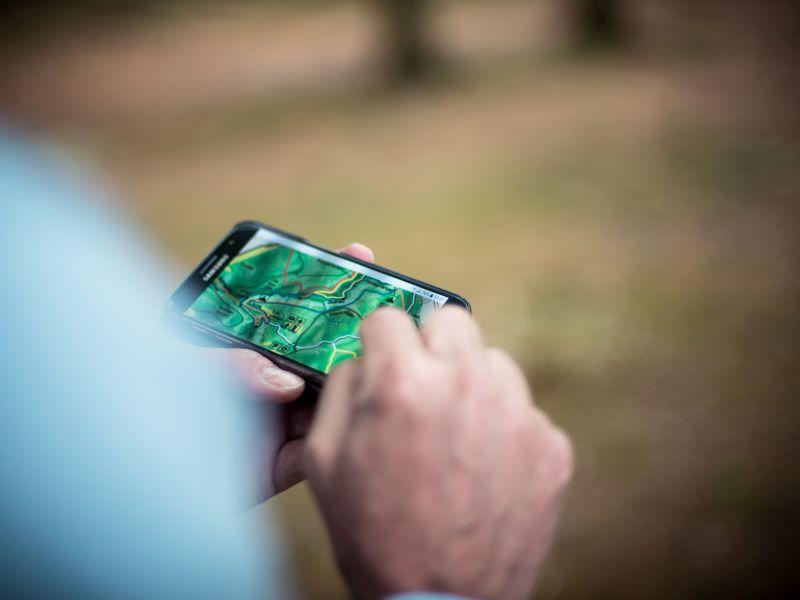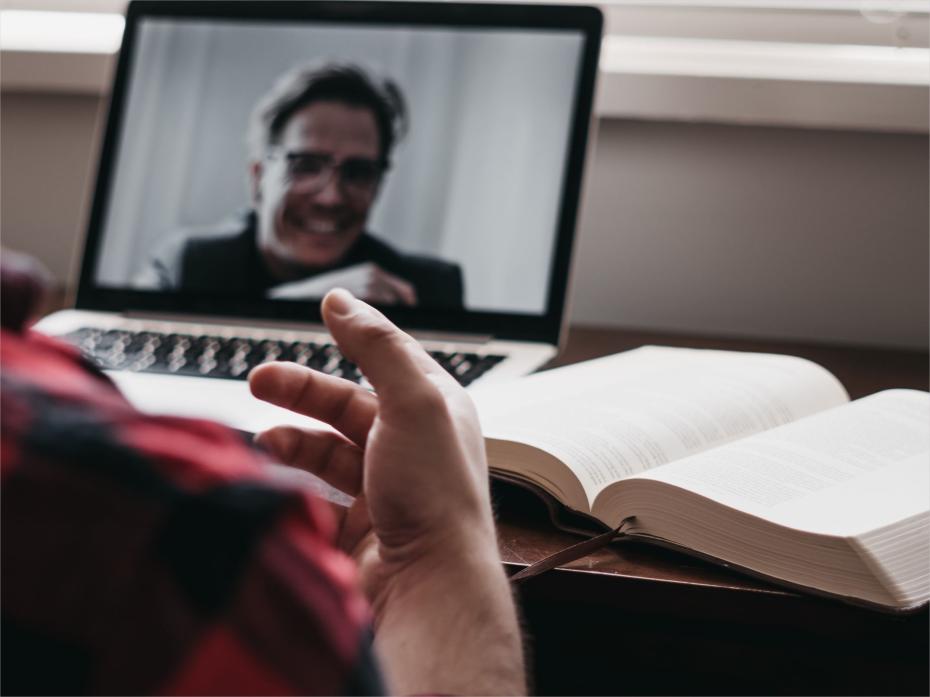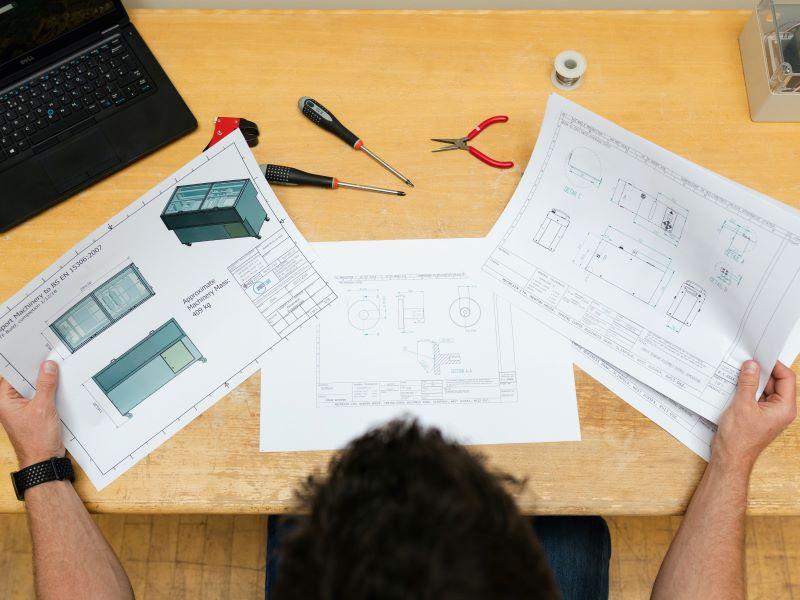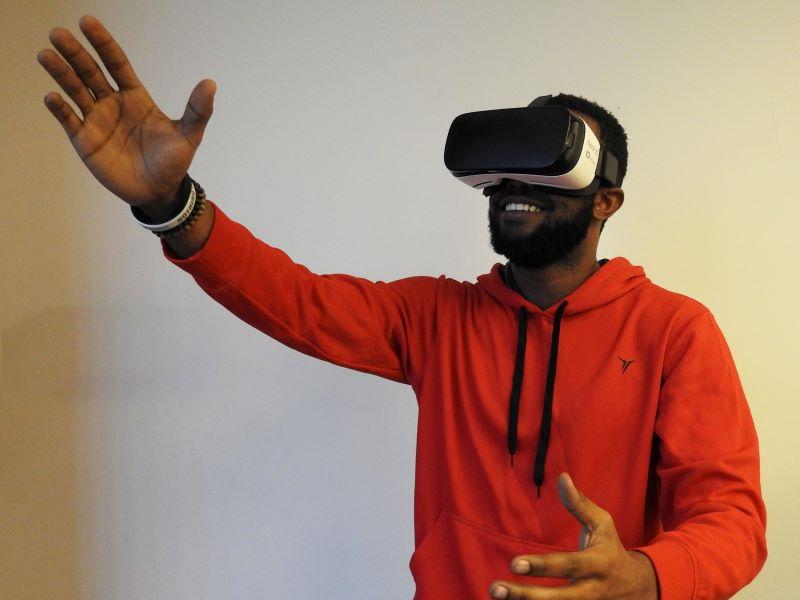
Playing the field: how virtual field trips can benefit student learning now and in future

The changes to teaching delivery in the past 18 months have been particularly challenging for subjects that require field-based learning, such as geography, life sciences and environmental sciences.
The sudden move to online learning halfway through UK university semesters in March 2020 meant that initial teaching responses were reactionary. While some responses were adequate, this quick transition to different forms of learning illustrated how the higher education sector must be more resilient and anticipatory in order to withstand unforeseen circumstances while maintaining high-quality teaching.
Where face-to-face field trips had to be cancelled at short notice, online alternatives such as data provision and drone footage were able to provide a high standard of teaching and allowed students to complete assessments. However, with a little more time and forethought, we have been able to create a full virtual field trip for the 2021 academic year. This was developed in anticipation of further unforeseen circumstances and could be used as a continual teaching resource that can be updated year-on-year with minimal effort. We have discovered several benefits to creating a virtual field trip, so here we offer tips for those considering this approach.
The benefits of virtual field trips
Virtual field trips can augment face-to-face field trips as a resource that can be used before, during and after the trip or, where this is not possible, as a stand-alone resource.
- Before the in-person field trip, students can familiarise themselves with the field site.
- During the field trip, the virtual platform can be used on mobile devices as a handheld “tour guide” to manoeuvre around the field site.
- Following the field trip, students can revisit the field site and access the data and information needed to complete their assessments.
- Where field trips have to be cancelled completely, as during the pandemic, such virtual platforms can enable the full delivery of all field teaching elements if planned out well.
- Virtual field trips allow a more inclusive student learning experience, particularly if students are unable to attend on the day or have disabilities that mean they physically struggle with taking part in the in-person field trip.
Our top tips for creating a virtual field trip
- Work closely with your digital education team. They can guide you in best practice for digital pedagogies and will be able to make the virtual field trip delivery more professional and accessible to students.
- Introduce students to the concept of the virtual field trip early in the module so they can familiarise themselves with the way it works before they go out into the field, use it as a resource or walking guide within the field or as a post-fieldwork resource.
- Include all the data and information on the virtual field trip that you would need for those students who might be ill on the day or those with disabilities that may prevent them attending the trip. This means that all students can complete assessments linked to the field trip, supporting a more inclusive and equitable approach.
- Try to replicate field conditions by giving students an immersive experience online. Consider using aerial drone footage of the site, 360º ground shots and even sound recordings.
- Include a mix of photos, site videos and short explanatory or interview videos.
- Ensure that the virtual field trip and the platform you use can become a resource that is easily updated yearly.
- Co-produce material with students as a resource that can be passed on from cohort to cohort.
- Use online mapping resources and desktop studies to augment your virtual field trip. This allows students to pick up new skills such as online data visualisation, mapping and data gathering.
- Include a help video for students to guide them around the virtual field trip platform. This is an example of what we made available to students: Virtual Field Trip | How-to - YouTube
Beyond the traditional physical-based sciences and geography, virtual field trips can also be applied across many social science disciplines and the humanities. One example is walking tours of different urban and rural environments. One of our team is now planning to produce a virtual tour of Lincoln city centre from the university up to the cathedral. This will allow students to gain a wider geographical understanding of how city centres function in terms of economy, politics, religion, culture and history. A virtual tour such as this enables students to demarcate sites of social, religious and political contestation, as well as see how particular societal groups are excluded from or gravitate towards certain areas in and around the city centre.
This is just one example of how virtual field trips can augment existing teaching practices within more social-based disciplines, yet the possibilities are endless. So, we encourage you to go out there and “play the field” to see how virtual field trips can future-proof your own teaching.
Theresa Mercer is a senior lecturer in biogeography and planetary health; Andrew Kythreotis is a senior lecturer in political geography; Joseph Harwood is a senior technician in the College of Science; Josh Brown is a video producer; Toby Sims is a video development coordinator; and Malene Simonsen is a media production students, all at the University of Lincoln.
If you would like advice and insight from academics and university staff delivered direct to your inbox each week, sign up for the Campus newsletter.


